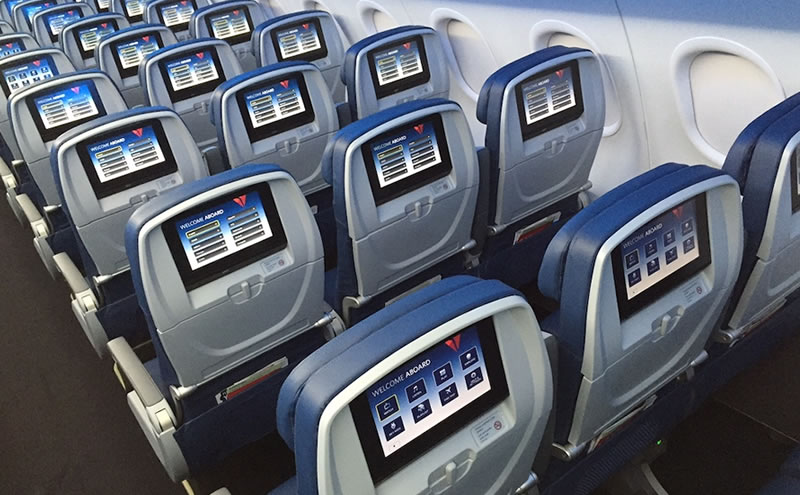It has been a bumpy year so far for the airline industry and Delta (NASDAQ: DAL) is not an exception. The legacy carrier saw its stocks plunging from $59.13 in February to $21.35 in March this year. Once the initial shock was over, the stocks slowly started climbing up again and currently fly just below $30.00 mark.
Almost any conversation about Delta is not complete if the company’s is not mentioned. Currently, total debt to total equity is 112.35. With operating revenue lower by 88% in Q2 2020 vs Q2 2019 and its operating expenses decreasing only by 40% for the same period, Delta’s debt will continue to climb up fast. It is also worth noting that in Q2 2020, Delta recognized $2.5 billion of restructuring charges related to COVID-19 and retirement of Boeing 777 and some other types of aircrafts.

The main question is whether it can continue running its operations long enough to see hope returning. The company has already introduced large cuts or had lower expenses at every segment of the business. Its total noncurrent liabilities increase by 50% over the last 6 moths to 43,421 billion. However, not all looks so dark for this 95-year-old company. It is still in a better position than some of its competitors, like United, which at the end of June had debt to equity ratio of 2.32.
Delta saw an upward trend in passenger numbers. The number of people getting on Delta’s planes in Q1 was 94% lower compared to the same period in 2019. Revenues from cargo dropped by 42%. However, if we look at 6 months ending June 30, passenger numbers improved and were at 60% lower, compared to the same period last year. At the same time cargo revenues went up too, settling at 30% lower versus the same period the year before. The recovery of passenger numbers is most likely to continue in the upcoming months, which would help to reduce the pressure on its debt levels.
In short term, the greatest risk to Delta’s operations is still passenger sentiment. While it is unlikely that we will see the return of almost complete standstill, as seen in Q1, passengers will remain cautious when deciding whether they really need to make that flight. The company is also balancing on a rope with its 49% stake in Virgin Atlantic. If Virgin does not pull out of its current situation, Delta will end up owning pennies on the dollar from its $360 million investment 7 years ago.
With its management prepared to use any tool in the box to keep the company running and being in stronger position compared to some of its rival, the company is still a risky bet. Short term investors already seeing opportunities in its reduced share prices, but they come with substantial risks. Government bailout, should things go south too fast and too far for Delta, is extremely difficult to predict, as current political climate changing faster than the altitude of its ascending planes.

















Rate this article